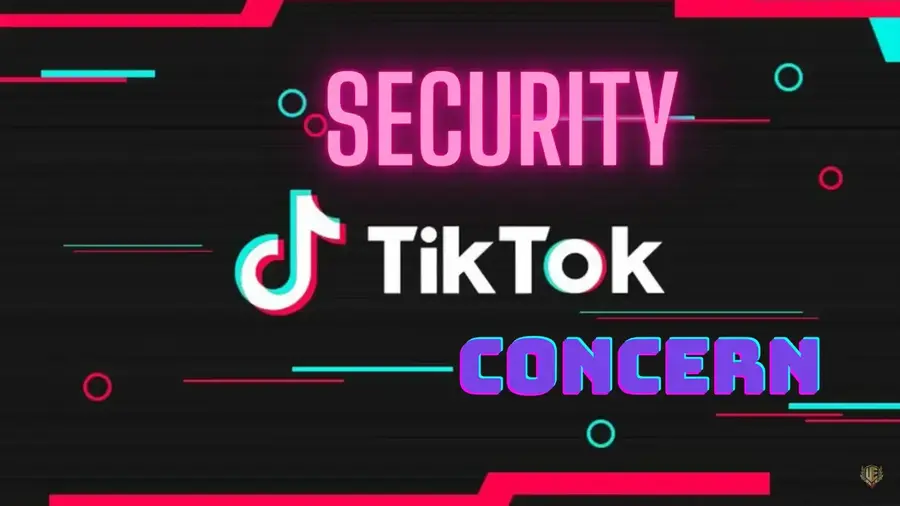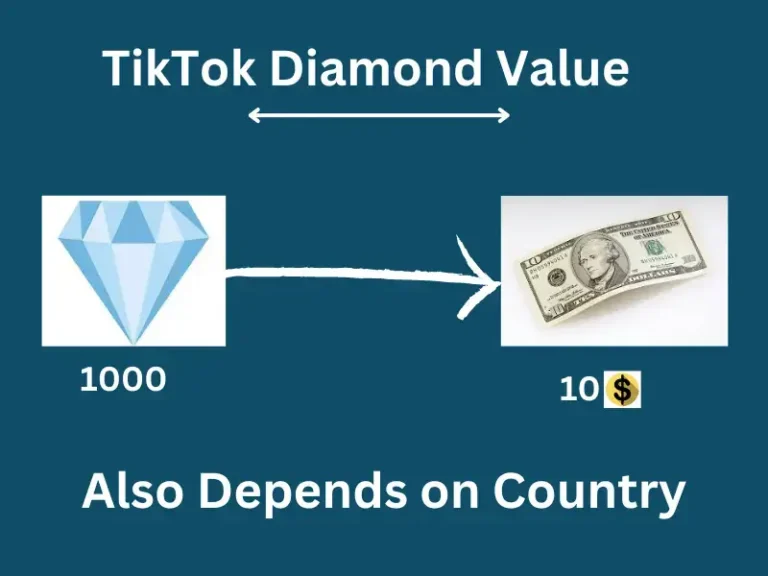TikTok Security Concerns 2024? Everything You need to Know
Concerns have emerged about TikTok data collection practices and potential security issues. Therefore, it is important to know that what are TikTok Security concerns and is TikTok safe to use? This guide examines what data TikTok collects, TikTok security risk, privacy risks, safety for kids, and steps users can take to boost security.
Another major question that most of people ask “does TikTok steal your information”? In general, TikTok doesn’t steal your information as mentioned in TikTok terms and conditions, but when you shift to third party app from twitter, you put your information on risk.
What Information Does TikTok Collect About You?
TikTok collects an extensive amount of personal information from its users. This includes:
Data You Provide Directly
When you sign up for TikTok, you must provide basic personal details like your username, password, email address, and phone number. TikTok also collects and stores any additional information in your profile bio.
If you make in-app purchases on TikTok using real money, your payment information is processed by third-party payment systems like the App Store or Google Play. Purchase history is logged by TikTok though.
Content You Create and Interact With
TikTok records the actual content you post, such as the videos, captions, messages, and livestreams you share. It tracks your interactions, including content you like, comment on, share, or add to your favorites.
Your language preferences on TikTok are likewise logged.
Technical Data About Your Devices
Behind the scenes, TikTok gathers extensive technical information about the devices and networks you use to access it. This includes you:
- IP address
- Device IDs
- Operating system
- Browser information
- Mobile network carriers
- WiFi connections
With your permission, TikTok can also access your precise location using GPS.
Inferences About You
Based on your TikTok activity, demographic information, and engagement with ads, TikTok draws inferences about your age, gender, interests, and habits on the platform.
These inferences power TikTok’s personalized recommendations about accounts to follow and videos to watch.
TikTok Security Concerns & Privacy Issues: How Safe Is Your Data?
TikTok’s data harvesting powers its algorithmic recommendations, but also raises some privacy issues:
Data Sharing With Third Parties
According to its privacy policy, TikTok shares certain types of user data with third parties including:
- Advertisers: for targeted ads and analytics
- Service providers: cloud storage companies and content moderation services gain some access
- Law enforcement: TikTok may provide user data in response to legal requests
- On other platforms: such as Facebook and Twitter if you link accounts
Unclear Data Practices
While TikTok claims to protect user data with encryption and organizational safeguards, security experts have deemed these practices insufficiently transparent.
Specifics on encryption methods are not public, making independent audits impossible.

Government Surveillance Concerns
TikTok’s parent company ByteDance is headquartered in China. Fears persist that the company could be compelled to share international user data with Chinese authorities under local laws, although TikTok denies ever receiving such a request.
Given the app’s ability to rapidly disseminate content to millions, some governments also worry it could spread pro-China narratives or misinformation on behalf of the state.
However, investigations have found no concrete evidence yet tying TikTok to Chinese information control or censorship.
Is TikTok Safe for Kids and Teens to Use?
With many young users active on TikTok, safety is paramount. TikTok activates certain protections for younger accounts by default, but risks remain:
Default Safety Settings
TikTok accounts belonging to children under 16 are set to private automatically. This means only approved followers see posted content.
Features like comments, duets, reactions, and stitches are also restricted by default for younger users.
Ongoing Monitoring Is Essential
Even with default limitations in place, dangers like cyberbullying and identity theft persist. Comprehensive parental supervision is essential to kids safely navigating TikTok.
Predatory messaging from strangers is difficult to prevent as well fully. Parents need to set clear guidelines with teens about engaging on social platforms.
Ongoing conversations about online safety, setting screen time limits, and periodically checking in on your child’s TikTok activities are imperative.
How Can You Use TikTok More Securely?
Users wanting to boost security can take matters into their own hands with these tips:
Lock Down Your Account
Making your account private should be the first step for all TikTok users. Also:
- Turn on two-factor authentication
- Frequently change passwords
- Carefully avoid phishing attempts
Control Tracking and Sharing
You can limit data harvesting by:
- Disabling precise location access
- Not connecting other social media accounts
- Turning off analytic tracking in settings
Follow Security Best Practices
No online account is breach-proof, but risks are substantially reduced through precautions like:
- Using a VPN to encrypt traffic
- Ensuring WiFi networks are password-protected
- Avoiding public WiFi for sensitive browsing
TikTok Scams and Dangers to Watch For
Like all social platforms, TikTok comes with risks beyond data collection. Be wary of:
Fake Accounts and Bots
Scammers operate fake accounts to distribute malware, steal credentials through phishing, and run financial cons.
Imposter bots also automatically reply to posts with malicious links. Avoid clicking unvetted links and sharing sensitive data with strangers.
Product Promotion Scams
Videos promoting apps and products advertised as “get rich quick” schemes or “free trials” often hide malware downloads or phishing attempts.
Use extreme caution before entering payment information or downloads advertised on social networks. Verify a source’s authenticity beforehand through independent research.
The Bottom Line – Is TikTok Safe Enough?
There are legitimate privacy and security concerns surrounding TikTok. However, the same critiques apply to most social media companies regarding data collection and targeting. Many states have already banned TikTok in their countries due to it security risks.
While a governmental ban is unlikely, avoiding TikTok guarantees 100% safety. But for many, TikTok’s entertainment value outweighs the privacy trade-off.
What matters most is educating yourself on the risks, enacting available security settings, and monitoring kids’ usage.







